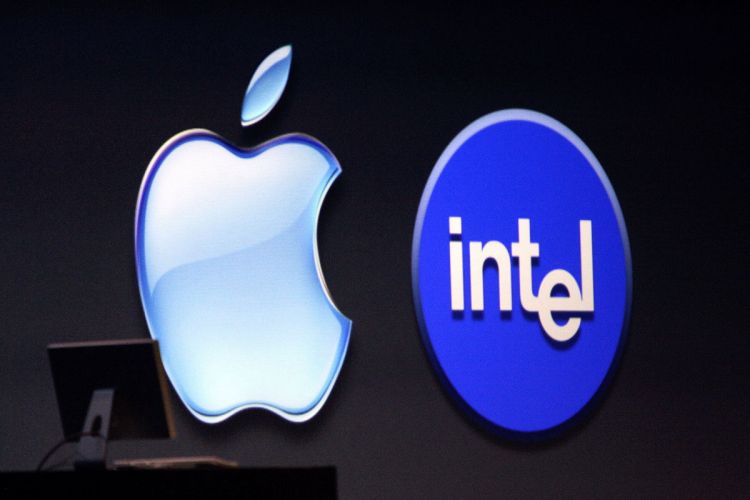Intel will provide the fast wireless modem chip for a new Apple smartphone in 2016, VentureBeat has learned from two sources with knowledge of the companies’ plans.
Intel’s new 7360 LTE modem will occupy a socket on the new iPhone’s circuit board that’s long been reserved for Qualcomm chips.
Intel has been gunning hard during the past year for a place in the iPhone and now appears to have succeeded, at least partly. The 7360 chip will ship inside a special version of the iPhone that will be marketed to emerging markets in Asia and Latin America, the sources said.
Intel’s 7360 LTE modem chip is capable of 450 megabits per second (mbps) of download speed, and supports Category 9/10 LTE and 3X carrier aggregation. Industry analysts have told VentureBeat that the chip has impressed phone makers for being well built, power efficient, and fast.
For months Apple engineers have been making trips to Munich, Germany to work with Intel engineers to ready the Intel LTE chip for the iPhone, one of our sources said.
The Intel facility in Munich is the former home of Infineon’s communications chip business, which Intel acquired back in 2010. It’s now the seat for research and development of Intel’s next generation of LTE chips.
Infineon once produced the 3G modem chips for iPhones at the Munich facility, but Apple quickly stopped sourcing the chips from Infineon after Intel bought the company.
One of our sources said that Intel has been willing to go a long way to get its LTE chips into Apple phones. This might include high levels of integration with Apple’s A(x) processor.
Qualcomm has long been the leader in providing chips for phones, and has provided the modems for generations of iPhones. But our sources say Apple and Qualcomm have an uneasy relationship.
“Second sourcing [finding a second supplier for] a major component might give Apple the upper hand in the relationship,” one source said.
Intel has acknowledged that it is running behind rival Qualcomm in the smartphone market, but the company says providing chips for the devices is a major initiative now.
Much of Intel’s efforts in mobile have gone toward creating modems (the 7160 and 7260) and systems on a chip (the SoFia SOC) for mid-priced phones, many of which are marketed in emerging markets.
Getting a chip back into an iconic device like the iPhone is a major win for Intel.
One of our sources pointed out that the deal could still fly off the rails if Intel misses key deadlines, or if some other blow-up between the companies occurs. But given Intel’s pressing need to catch up in the mobile space, and the miles in that direction this deal could push it, Intel isn’t likely to let that happen.
Neither Intel nor Apple chose to comment on this story.
VentureBeat's mission is to be a digital town square for technical decision-makers to gain knowledge about transformative enterprise technology and transact. Learn More

